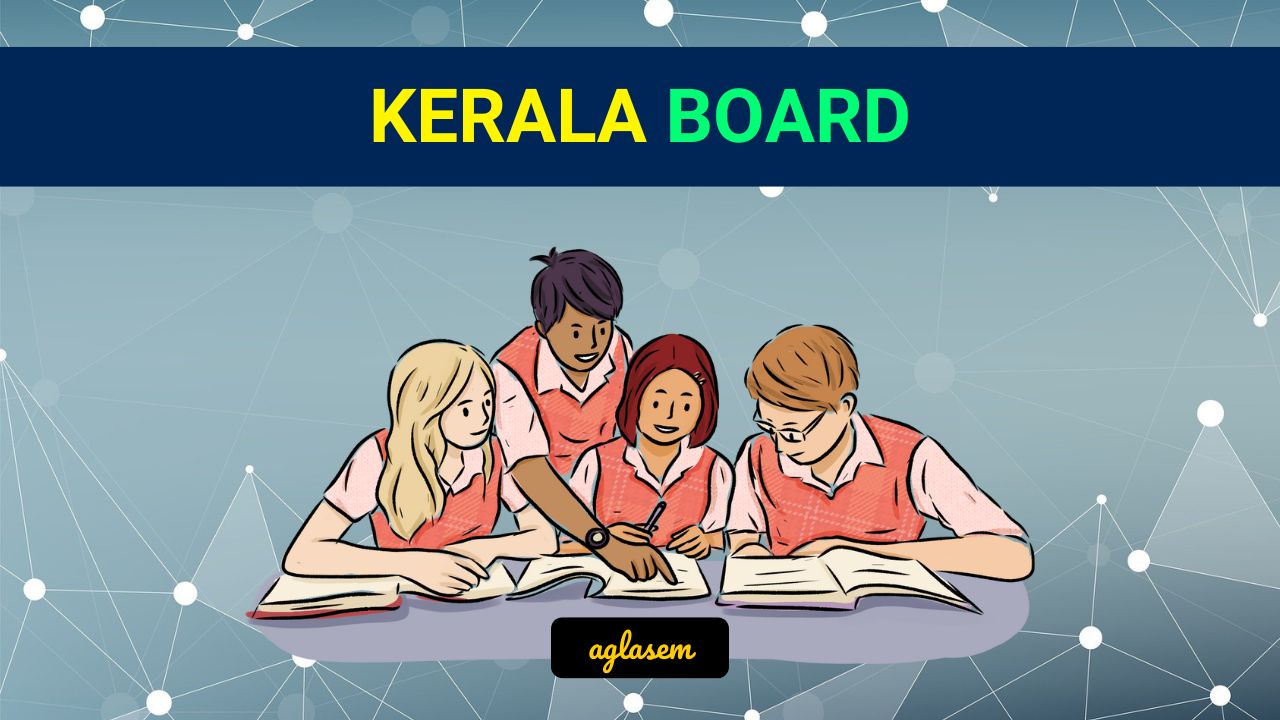Candidates can download NCERT Exemplar Class 8 Science Unit 3 from this page. The exemplar has been provided by the National Council of Educational Research & Training (NCERT) and the candidates can check it from below for free of cost. It contains objective, very short answer type, short answer type, and long answer type questions. Along with it, the answer for each question has also been provided. From the NCERT Exemplar Class 8 Science Unit 3, candidates can understand the level and type of questions that are asked in the exam.
NCERT Exemplar Class 8 Science Unit 3 Synthetic Fibres and Plastics
NCERT Class 8 Science Unit 3 is for Synthetic Fibres and Plastics. The type of questions that will be asked from NCERT Class 8 Science Unit 3 are displayed in the below provided NCERT Exemplar Class 8 Science Unit 3. With the help of it, candidates can prepare well for the examination.
Also Check: NCERT Solutions for Class 8 Science
Multiple Choice Questions
1. Pick the synthetic fibre out of the following?
(a) Cotton
(b) Nylon
(c) Jute
(d) Wool
2. Which of the following is a source of rayon?
(a) Wool
(b) PET
(c) Wood pulp
(d) Silk
3. Polycot is obtained by mixing
(a) nylon and wool
(b) polyester and wool
(c) nylon and cotton
(d) polyester and cotton
4. Which is a thermosetting plastic?
(a) Melamine
(b) Polythene
(c) PVC
(d) Nylon
5. The material similar to silk in appearance is
(a) Nylon
(b) Rayon
(c) Polyester
(d) Terylene
6. The most suitable material for the preparation of handles of cooking utensils is
(a) Polythene
(b) PVC
(c) Nylon
(d) Bakelite
7. Which of the following is not a common property of plastics?
(a) Non-reactive
(b) Light in weight
(c) Durable
(d) Good conductor of electricity

8. Which of the following represents the correct match for items in Column A with those in Column B.
(a) I-(ii), II-(iii), III-(i)
(b) I-(iii), II-(i), III-(ii)
(c) I-(ii), II-(i), III-(iii)
(d) I-(iii), II-(ii), III-(i)
9. Which of the following groups contain all synthetic substances?
(a) Nylon, Terylene, Wool
(b) Cotton, Polycot, Rayon
(c) PVC, Polythene, Bakelite
(d) Acrylic, Silk, Wool
10. The material which is commonly used for making kitchen containers is
(a) PVC
(b) Acrylic
(c) Teflon
(d) PET
Very Short Answer Type Questions
11. Cotton is a natural polymer. What is its chemical name?
12. A synthetic fiber which looks like silk is obtained by chemical treatment of wood pulp. It is, therefore, known as artificial silk.
What is its common name?
13. Terrycot is made by mixing two types of fibres. Write the names of the fibres.
14. Plastic articles are available in all possible shapes and sizes. Can you tell why?
15. Plastic is used for making a large variety of articles of daily use and these articles are very attractive. But it is advised to avoid the use of plastic as far as possible. Why?
16. Why is it not advisable to burn plastic and synthetic fabrics?
17. Select the articles from the following list which are biodegradable.
(a) paper
(b) woolen clothes
(c) wood
(d) aluminium can
(e) plastic bag
(f) peels of vegetables
18. A bucket made of plastic does not rust like a bucket made of iron. Why?
Short Answer Type Questions
19. Rohit took with him some nylon ropes, when he was going for rock climbing. Can you tell why he selected nylon ropes instead of ropes made of cotton or jute?
20. A lady went to the market to buy a blanket. The shopkeeper showed her blankets made of acrylic fibres as well as made of wool. She preferred to buy an acrylic blanket. Can you guess why?
21. PVC (polyvinyl chloride) is a thermoplastic and is used for making toys, chappals, etc. Bakelite is a thermosetting plastic and is used for making electrical switches, handles of various utensils, etc. Can you write the major difference between these two types of plastics?
22. Fill in the blanks.
(i) A polymer is a chain of many small units joined together which are called ______.
(ii) The synthetic fibres are also known as ______ fibres.
(iii) The first fully synthetic fibre was ______.
(iv) A fibre similar to wool is ______.
(v) A plastic used for making crockery is ______.

23. Match items in List A with the items of list B.
24. Unscramble the jumbled words given below, related to synthetic materials.
(a) anory
(b) lopmery
(c) relyteen
(d) laspict
(e) yespolter
(f) felton
Long Answer Type Questions
25. Indicate whether the following statements are True or False. Also write the false statements in their correct form.
(i) The fabric terywool is obtained by mixing terylene and wool.
(ii) Synthetic fibres do not melt on heating.
(iii) It is risky to wear synthetic clothes while working in the kitchen.(iv) Most of the plastics are biodegradable.
26. Write the importance of synthetic polymers in our life.
27. Despite being very useful it is advised to restrict the use of plastic. Why is it so? Can you suggest some methods to limit its consumption?
28. Write an activity to show that synthetic fibres are stronger than the cotton fibres.

29. Complete the crossword given below with the help of clues.
Across
1. Substance used as synthetic wool (7)
2. A plastic used for making containers and carry bags (9)
3. Substance made up of large number of smaller molecules (7)
4. Another name for this compound is artificial silk (5)
Down
5. A type of fibre obtained naturally from cocoon (4)
6. A synthetic fibre classified as polyester (8)
7. A polymer used for making rope (5)
Click here to download the NCERT Exemplar Class 8 Science Unit 3 Synthetic Fibres and Plastics
Answers to Multiple Choice Questions
Multiple Choice Questions

Very Short Questions Questions

Short Answer Questions


Long Answer Questions


To get study material, exam alerts and news, join our Whatsapp Channel.
